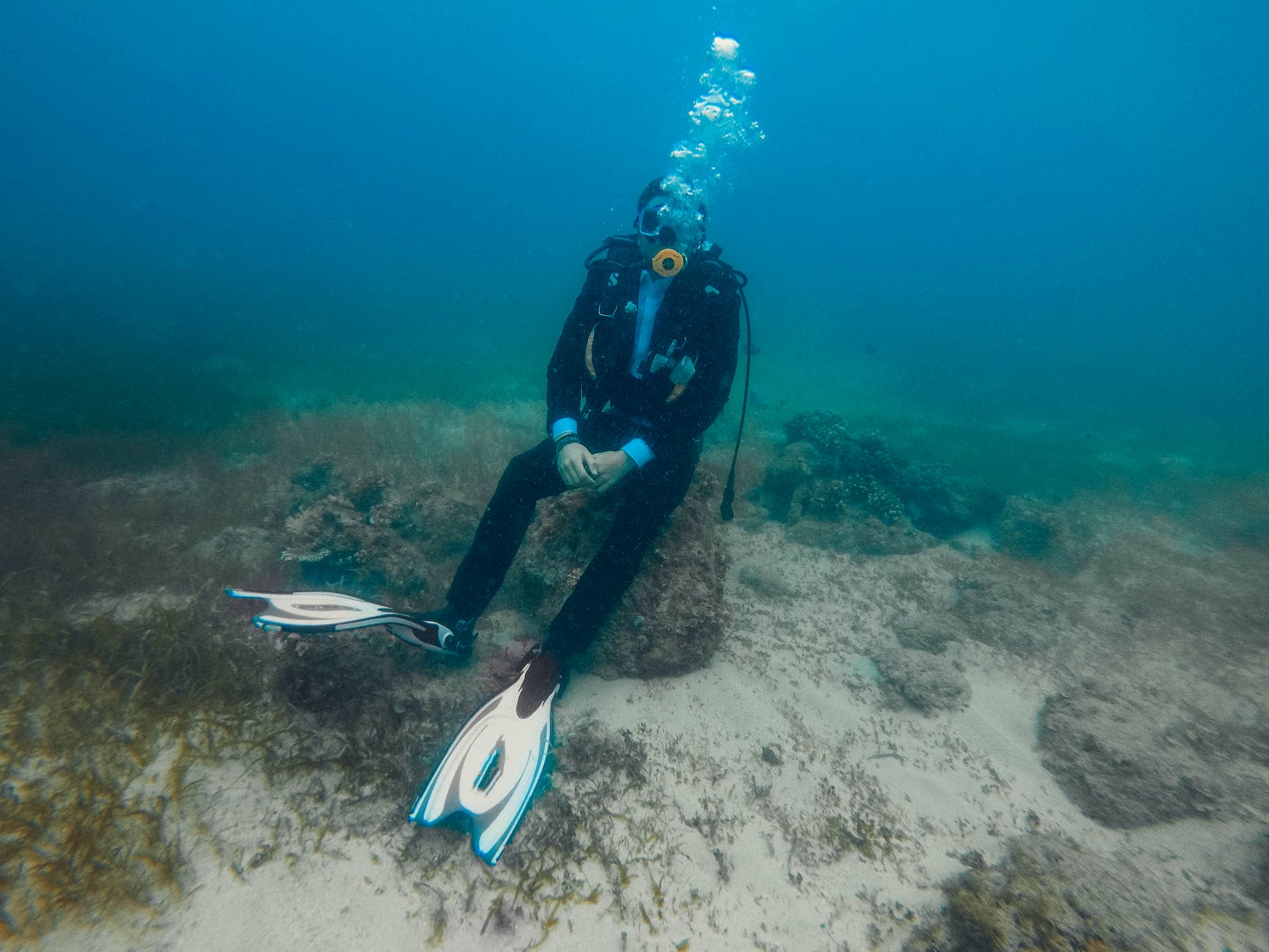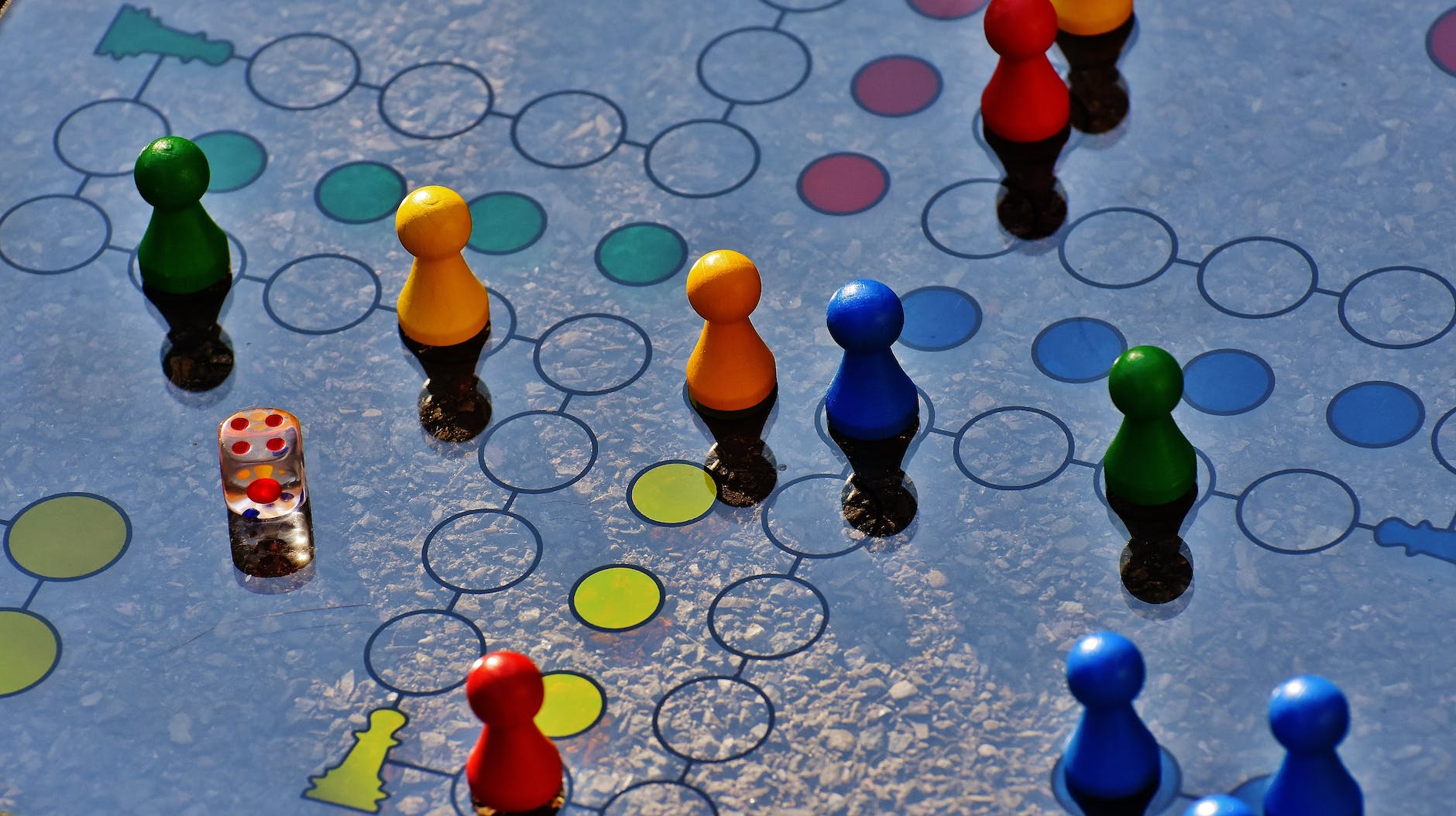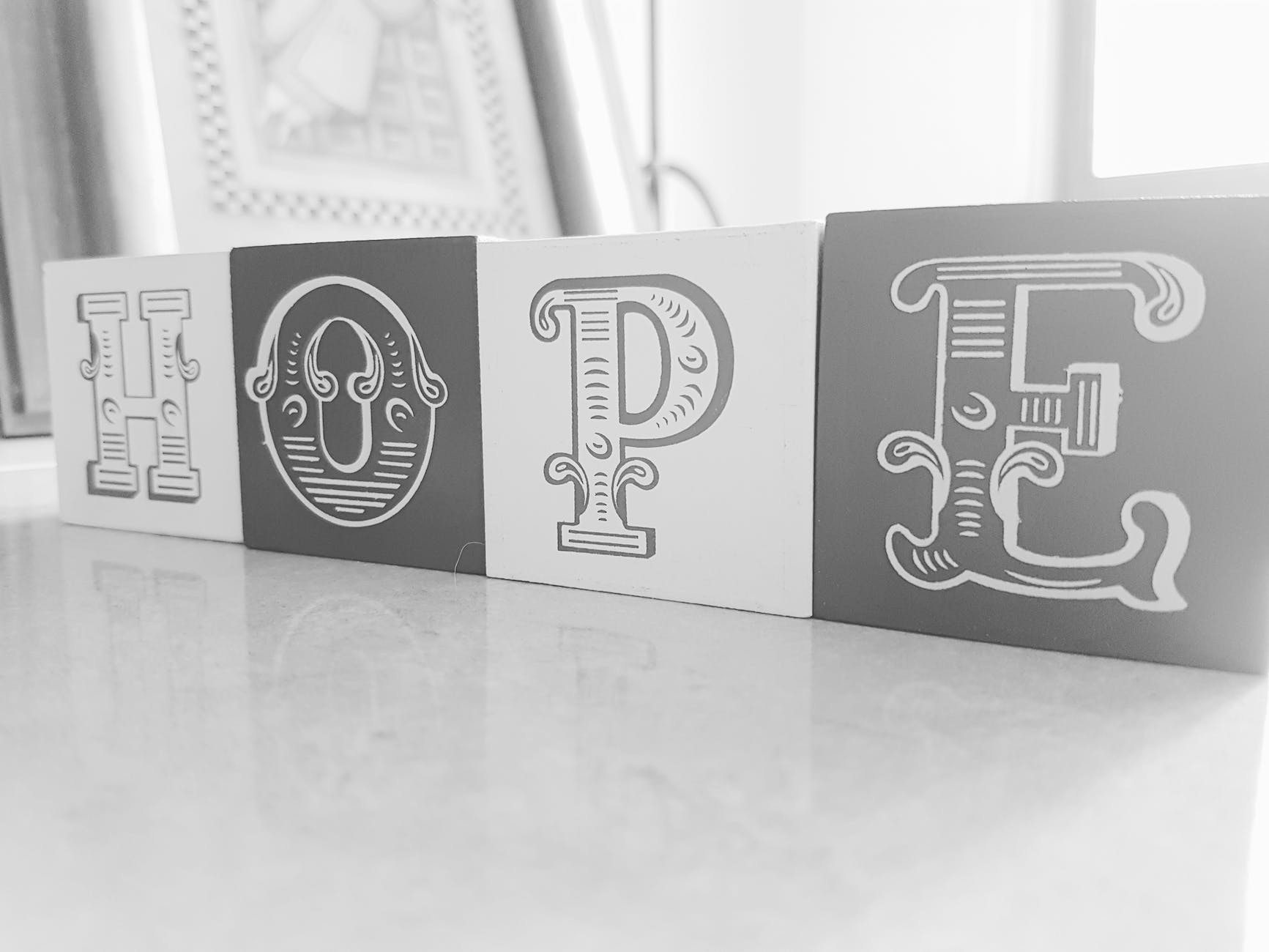Surviving a sudden cardiac arrest can be a traumatic experience, both physically and mentally. Many survivors report struggling with persistent issues of memory loss, difficulty concentrating, and reduced cognitive function collectively referred to as “brain fog.”
While brain fog can be incredibly frustrating, it does not have to stop survivors from regaining quality of life after cardiac arrest. With coping strategies, rehabilitation, and support, significant recovery is possible.
What Causes Brain Fog After Cardiac Arrest?

When the heart stops pumping blood effectively during cardiac arrest, the oxygen supply to the brain is disrupted. Prolonged oxygen deprivation causes brain cells to die, particularly in areas that control memory, concentration, and decision-making.
The extent of brain injury and resulting impairment depends on how long the brain goes without oxygen. Mild to severe cognitive deficits can occur, including:
- Short-term memory loss
- Impaired concentration
- Reduced information processing speed
- Difficulty learning new skills
- Challenges making decisions
In addition to the brain injury itself, other factors can contribute to brain fog such as:
- Stress and emotional trauma of a near-death experience
- Side effects of medications
- Fatigue from recovery process
- Changes in blood pressure or oxygen levels after heart surgery
Strategies to Manage Brain Fog After Cardiac Arrest

The good news is the brain has a remarkable capacity to heal and adapt. With time and focused effort, many survivors find their brain fog improves. Strategies to manage it include:
Aid Memory
- Make extensive use of memory aids like to-do lists, phone alarms, calendar reminders, and taking notes
- Leave items you use daily in dedicated spots
- Use apps to set reminders and notifications
Reduce Distractions
- Focus on one task at a time without multi-tasking
- Eliminate clutter and background noise when concentrating
- Let loved ones know you need to minimise distractions
Support Brain Health
- Follow a nutrient-rich diet high in Omega-3s
- Challenge your brain with games and new learning
- Stay socially engaged and physically active
- Practice stress reduction techniques like meditation
- Get regular quality sleep to allow brain recovery
Seek Rehabilitation
- Ask your doctor about cognitive rehabilitation services
- Work with therapists to retrain impaired abilities
- Learn and practice compensatory strategies
Request Accommodations
- Ask loved ones for patience and to provide memory prompts
- Request work accommodations like written instructions
Seeking Medical Support for Persistent Brain Fog

While time and recovery strategies can help greatly with brain fog, some survivors may benefit from additional medical support if cognitive issues persist at a disabling level.
Consult with your doctor about a referral to specialists like:
- Neurologists to assess causes and recommend treatments
- Neuropsychologists for in-depth cognitive testing and therapy
- Occupational therapists to maximise functional independence
- Psychologists to address emotional health and coping
Medications and non-invasive brain stimulation techniques could improve some aspects of cognition if deemed medically appropriate. Support groups like ours can also help survivors and families better understand and cope with lasting cognitive changes.
Maintaining Hope After Brain Fog

Research shows that while complete reversal of cognitive deficits is rare, many survivors can regain a good quality of life and independent functioning after the trauma of cardiac arrest and any resulting brain fog.
While recovery can feel painfully slow, maintain hope that you can adapt and relearn abilities to the best of your potential. Set small achievable goals, use memory aids, and don’t hesitate to ask for help. With time, grief counselling, cognitive rehab, lifestyle changes, and support, you can clear the fog and move forward after cardiac arrest.
If you or a loved one are struggling with brain fog after surviving cardiac arrest, you are not alone. Share your experiences and advice in the comments below. What strategies have helped you most in managing memory and concentration issues? Do you have any tips to recommend to fellow survivors? Let’s support each other to clear the fog together. And if this post resonates with you, please like and share it so others can find help and hope after cardiac arrest. By connecting and sharing our stories, we can raise awareness and improve care for all survivors.

After our first meet-up in February 2015, I realised I was not alone. It was the first time since my cardiac arrest the previous year that I had spoken face-to-face with someone who had experienced what I had. This was also true for my wife, who also happened to be my lifesaver. From that meet-up, the idea of SCA UK was born. Since then, we have achieved a considerable amount, primarily providing information, resources and support to others in a similar situation but also raising the profile of survivorship and the need for better post-discharge care. We are starting to get traction in this, and with the formation of the charity, I genuinely believe we have a bright future ahead and will make a significant difference in the lives of many who join our ranks.


Hubby’s OOHSCA was on Valentine’s Day. At the end of week 3 in hospital nurses wanted him to stay for neurological rehabilitation but a brain scan then showed no damage so he was discharged. He struggled with numbers and thought processes for a while but slowly began to improve to about 95% capacity.
We went to Edinburgh for five days last week and at times his brain function seemed worse than ever – he forgot our meeting point and lost me in an art gallery, he fretted about what to have in a restaurant before we’d even seen the menus, he mixed up his numbers more often.
Unfamiliar surroundings seem to have caused this relapse. Anyone else found the same?